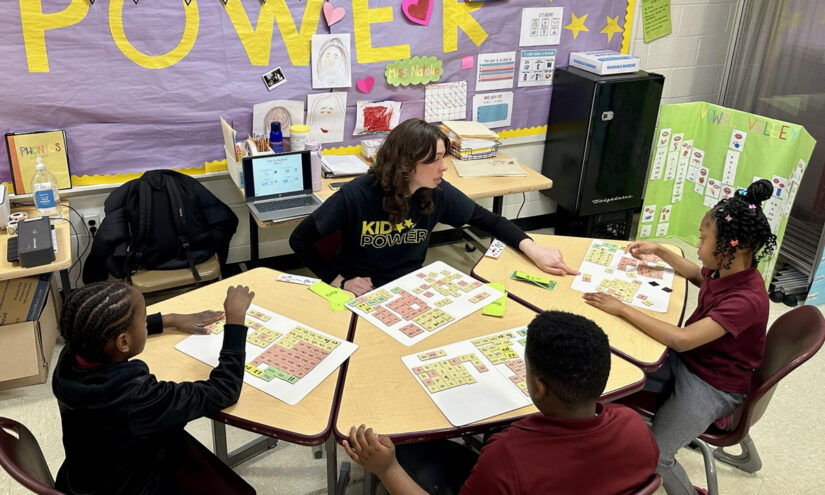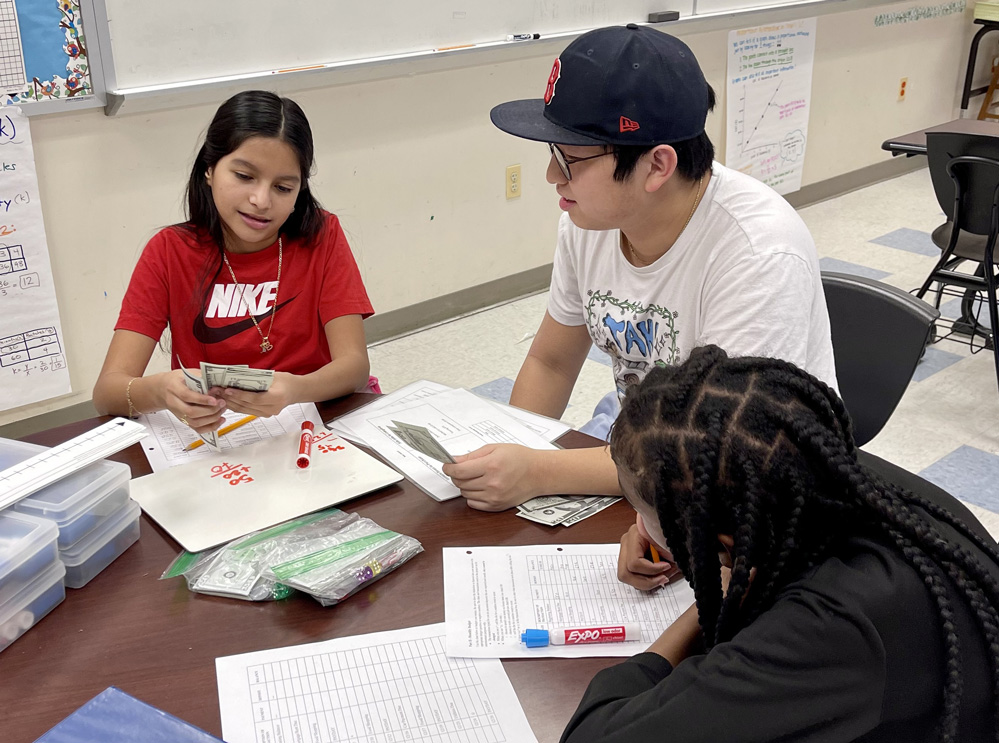During this summer, a team of students from MIT embarked on a journey to the sou …
High-Impact Tutoring in DC Boosts Attendance, Study Shows Benefits of Combatting Learning Loss
Jennifer Livingstone

According to a recent study, high-quality tutoring programs not only help students improve in reading and math but also lead to a decrease in absenteeism.
The preliminary results from schools in Washington, D.C., indicate that middle school students attended three extra days, and elementary students boosted their attendance by two days when they received tutoring during regular school hours.
The study found that high-impact tutoring, involving at least 90 minutes weekly with the same tutor across multiple sessions, had the most significant impact on students who missed 30% or more of the previous school year. Their attendance increased by a minimum of five days, according to the National Student Support Accelerator study based at Stanford University.
Susanna Loeb, director of the center, stated that this data signifies “the first evidence of a strong causal link between tutoring and attendance.”
Hedy Chang, executive director of Attendance Works, commented that students tend to attend more regularly when they are succeeding academically. She emphasized the importance of forming connections with tutors over extended periods, which can increase students’ motivation to attend school. She added, “I do think it’s an impact of high-dosage tutoring, not necessarily just tutoring.”
The early findings support the advantages of providing high-impact tutoring during school hours to combat learning loss and chronic absenteeism following the pandemic. Schools are encouraged to allocate remaining federal relief funds to address these issues and sustain the efforts even after the funds end.
Continued tutoring programs in districts are expected to prioritize student achievement, with increased attendance being a desired outcome, as highlighted by Loeb.
D.C.’s experience with tutoring demonstrated successful integration of tutoring sessions into the school day. The state education agency invested $35 million in the program, assigning staff to coordinate schedules for tutoring sessions and track student participation data.
Christina Grant, the state superintendent in D.C., commended the collaboration with researchers from Stanford to effectively communicate the impact of federal relief funds. Without such partnerships, she stated that it would be challenging to justify the allocation of $35 million.
With a chronic absenteeism rate of over 40% last year, the D.C. school district initiated its tutoring program in 2021, offering grants to various providers, including Saga Education and American University.
Sousa Middle School in southeast D.C. partners with George Washington University for its Math Matters program, employing college students to tutor those interested in STEM or education.
Sharon Fitzgerald, the tutoring manager at Sousa, initially faced challenges convincing students to participate but later found success as students began actively engaging in the sessions.

Students respond positively to the tutoring sessions as a refreshing change from regular classroom instruction and admire the college students overseeing the program. Fitzgerald highlighted the tutors’ way of motivating students to attend regularly.
Results from the study are expected to generate greater interest in combining tutoring and attendance initiatives.
“We have not intentionally used tutors as a way to address attendance. I can imagine that it could help if part of their work focused on that,” said A.J. Gutierrez, co-founder of Saga Education. “I see potential.”
While acknowledging the positive direction of the study, Chang suggested expanding the approach further to address other barriers to school attendance beyond just tutoring.
The potential of tutors to refer students to attendance support teams when facing health or bullying issues was also discussed by Chang, advocating for a more holistic strategy linked with tutoring initiatives.
“What more could we get,” she asked, “if tutoring was tied to a bigger strategy, a more comprehensive approach?’ ”

